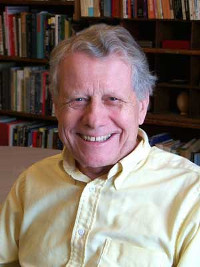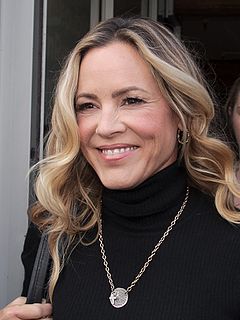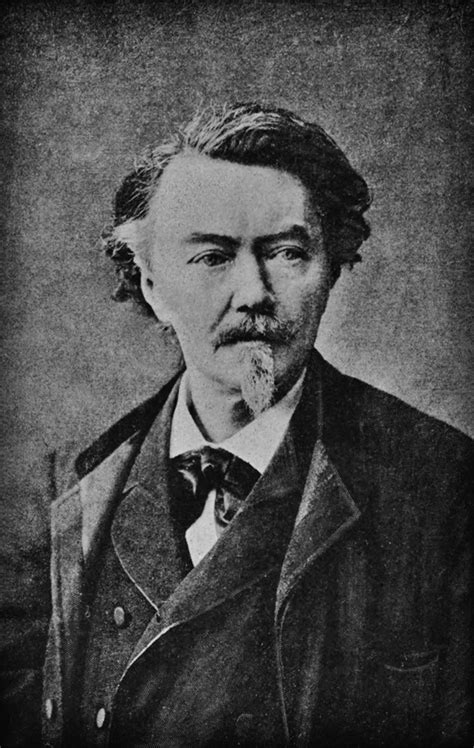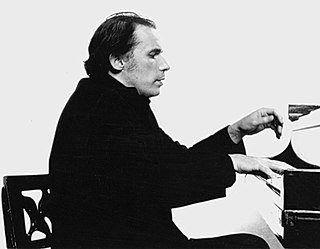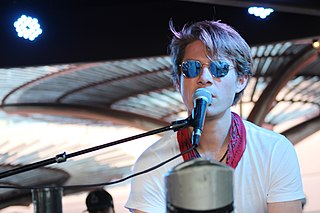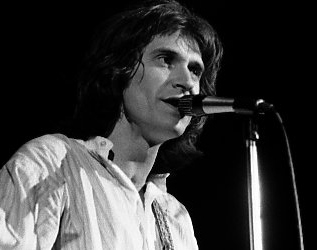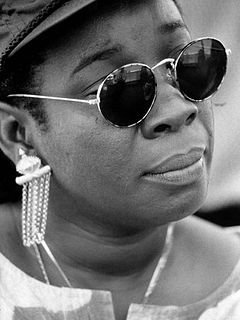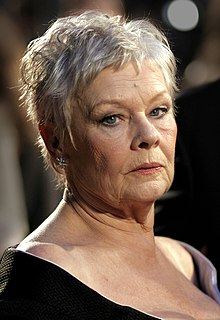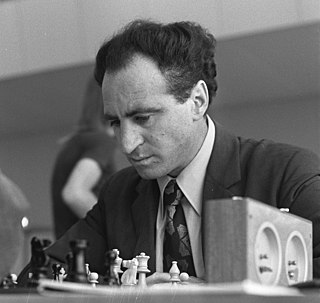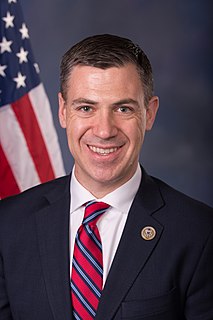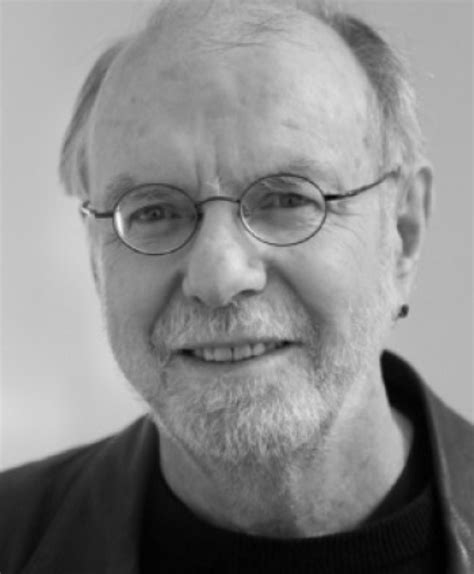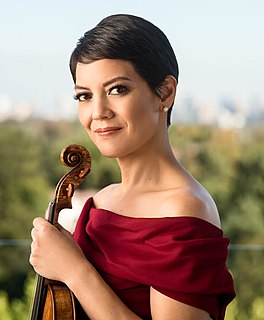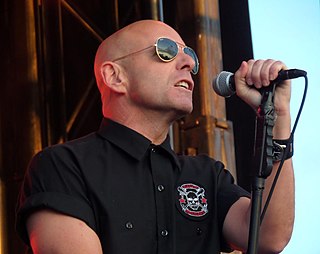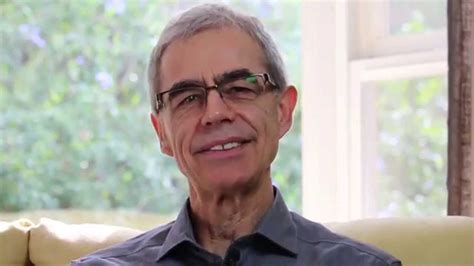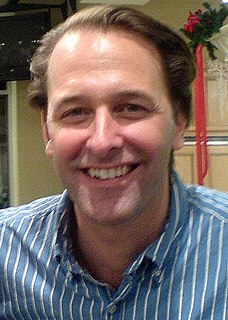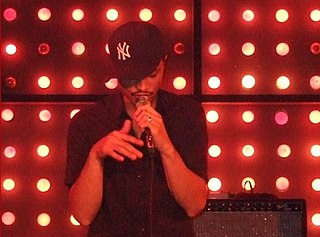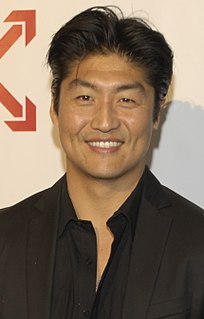Top 163 Repertoire Quotes & Sayings - Page 3
Explore popular Repertoire quotes.
Last updated on April 20, 2025.
There are a lot of parallels between the historical Henry VIII and Jonathan Rhys Meyers. There's an oscillation and extremity of emotion throughout his repertoire that lends itself beautifully to the nature of Henry VIII, definitely. He will push things to the limit, and yet remain in emotional control.
Opera Australia has a mix - it produces new work, it produces from the classical repertoire and, particularly in more recent years, it's done those blockbuster musicals which are very lucrative for it and reach an audience that classic opera or a new opera perhaps wouldn't reach, like South Pacific for example.
From that point on, the extraordinary system of spies and informers which has played an important part in the political work of the French state into our own time took shape. (Sartine, who became lieutenant general de police in 1759, is supposed to have said to Louis XV, "Sire, when three people are chatting in the street one of them is surely my man.") Eighteenth-century police manuals like those of Colquhoun in England or Lemaire in France are no less than general treatises on the government's full repertoire of domestic regulation, coercion, and surveillance.
I think a lot of people become actors because they have a great reservoir and repertoire of many different emotions they felt over their lives. It's like having a toolbox, and you go down into the toolbox and choose one or two of those that you need for a particular scenario, or something that comes up in a line.
Pop managers are fixed in the dramatic stock character repertoire too, ever since the first British pop film musical, Wolf Mankowitz's 'Expresso Bongo' of 1959, with Cliff Richard as Bongo Herbert and Laurence Harvey as his manager. The key components were cast as X parts gay, X parts Jewish and triple X opportunistic.
Theirs [the Beatles] is a happy, cocky, belligerently resourceless brand of harmonic primitivism... In the Liverpudlian repertoire, the indulged amateurishness of the musical material, though closely rivaled by the indifference of the performing style, is actually surpassed only by the ineptitude of the studio production method. (Strawberry Fields suggests a chance encounter at a mountain wedding between Claudio Monteverdi and a jug band.)
I have had much pleasure in working with Orphei Drängar during my time as chief conductor of the Gothenburg Symphony Orchestra, and I consider OD to be one of the most brilliant men´s choirs in the world. The singers are highly professional and their repertoire is of a very wide range, but then they have been trained for years by Eric Ericson, the world´s leading choir conductor. I also admire the strength and the beauty of their voices. OD is an extraordinary powerful choir!
When I wrote the song, I had the sea near Bombay in mind. We stayed at a hotel by the sea, and the fishermen come up at five in the morning and they were all chanting. And we went on the beach and we got chased by a mad dog-big as a donkey. ... I think that songwriting changed when groups started spending more time in the studio. ... I've written so many songs about Englishmen, I have to go elsewhere. ... Our repertoire consisted of rhythm and blues, sort of country rhythm and blues, Sonny Terry things.
I once said to someone when I was playing Lady Macbeth and they said: "That's tricky, emotionally, what do you do about murdering your husband's cousin?" And there are, of course, things that aren't in your personal repertoire that you have to somehow understand by reading or watching other things and listening to other people talk about them.
The mental cognitive processes that we're targeting are ones that narrow human beings' repertoire and make it harder for them to learn to be more flexible, to take advantage of the opportunities in front of them. We can have something to help with in areas like child development or organizations and schools, or maybe even how peoples interact with each other, one to the other. We've taken the work into things like prejudice and stigma, because if we can't solve that we have planes flying into buildings. So it applies broadly because anywhere that a human mind goes these processes go.
What the Sozo session leader must do is to help open their minds, hearts and spirits to another method of connecting with God. We can do this by a number of methods, principally by leading the Sozoee through a series of simple exercises to expand their repertoire of sensing, hearing, feeling and connecting with God.
Stereotypes are ways of making extremely primitive and simple differentiations. Differentiations of gender, race, class, social status - so ordinary social life is very much built upon a whole repertoire of stereotypes we carry around. And those are immediately laminated onto people, and it isn't just visual.
The brain is more than an assemblage of autonomous modules, each crucial for a specific mental function. Every one of these functionally specialized areas must interact with dozens or hundreds of others, their total integration creating something like a vastly complicated orchestra with thousands of instruments, an orchestra that conducts itself, with an ever-changing score and repertoire.
Rather than asking architecture to be more interdisciplinary - a perennial issue within the discipline - I am suggesting that other disciplines might exploit the powers of architecture and urbanism. When addressing urgent situations, whether it's the depletion of the rainforest or abuse of labor, well-meaning people are working with tools, like standards, that seem like very blunt instruments. I am suggesting that spatial variables that are underexploited in governance might add to that repertoire.
It would be good if teachers could genuinely understand that black English is not mistakes, it's just different English, and that what you want to do is add an additional dialect to black students' repertoire rather than teaching them out of what's thought of as a bad habit, like sloppy posture or chewing with your mouth open.
Duke Ellington's career traces the entire history of jazz. The repertoire associated with him contains the most important elements in the music and provides concrete examples of some of the best ways to present the music in the widest variety of settings-radio, TV, recordings, movies, concert halls, festivals, solo, small ensemble, big band, symphony orchestra, opera, Broadway shows.... You name it, he did it!
I'm glad I can do both full-band electric and solo acoustic performances. It's nice to have contrast, so if you get fed up with one, you can just switch to the other one. It's great to go to a town and play an acoustic show, and then you can come back a year later and play electric, and the show's really fairly different. The repertoire will be 50 percent different. The musical energy is completely different.
I had just discovered jazz, and I started singing in a kind of blues cover band at the age of 15. We called ourselves - it was a terrible name - the Blue Zoots. We couldn't actually get our hands on zoot suits, nor did we dress in blue. We did covers of Screamin' Jay Hawkins and kind of Blues Brothers repertoire stuff.
My pieces usually are programmed on concerts in which the other works are standard repertoire. My music always sounds very different when it's on a concert of all contemporary music. It always seems to stick out at an odd angle. This also makes me think of a question I sometimes debate with my friends: does the music of a composer directly reflect that composer's personality? This is a difficult one, but I think it usually does.
But I never looked like that!’ - How do you know? What is the ‘you’ you might or might not look like? Where do you find it - by which morphological or expressive calibration? Where is your authentic body? You are the only one who can never see yourself except as an image; you never see your eyes unless they are dulled by the gaze they rest upon the mirror or the lens (I am interested in seeing my eyes only when they look at you): even and especially for your own body, you are condemned to the repertoire of its images.
I have a repertoire of songs that I'm proud of, that I've written for my own band. When I do a cover, something that somebody else has written, I think about it very carefully before I sing that song. I have to really get behind it and understand it and like it. And that's how I pick roles. I don't want to play just anything.
With the increasing demand for holistic health care and the 'green revolution', the demand for aromatherapy will increase, and hopefully we will reach the point where medical doctors incorporate it into their repertoire. It will become routine for doctors to send culture samples to the pharmacist for testing, and identify the relevant aromatherapy for the patient. The stress-relieving properties associated with aromatherapy make it an indispensable part of health care.
My interest in music tends toward being orchestral music. And the repertoire of music that exists is, to me, far more emotive than what is standardly used in movie scores. That isn't always. I think there've been some excellent movie scores by excellent directors. But for the most part, watching a film, one of today's movies, I think that the emotional undertone of movie scores is pretty poor.
If you could choose to master a single ingredient, no choice would teach you more about cooking than the egg. It is an end in itself; it's a multipurpose ingredient; it's an all-purpose garnish; it's an invaluable tool. The egg teaches your hands finesse and delicacy. It helps your arms develop strength and stamina. It instructs in the way proteins behave in heat and in the powerful ways we can change food mechanically. It's a lever for getting other foods to behave in great ways. Learn to take the egg to its many differing ends, and you've enlarged your culinary repertoire by a factor of ten.
As a disciple of my father's, I was certain I wanted to include one of his own raga creations on 'Home', as they are so beautiful; whilst many of his creations are part of the general classical repertoire for all musicians, many more are only played by those of us who learned from him, and therefore need to be played.
I really pulled from that repertoire that Billie Holiday was singing, and the way she sang it. It's sort of this beautiful, not really midpoint, but a period of her career where she really still had her voice. She had that deep wisdom that we've come to associate her with. To me, that's her at the height of her powers.
If you look at the image [ Portrait of the Artist as a Shadow of His Former Self ], it treads on a kind of popular stereotypical image of the black figure, in both its flatness and slightly comic edge. To take that image as a starting point and to render it in a proto-classical medium, like egg tempera, and then use a repertoire of classical compositional devices to make the picture was a way of setting up an engagement with art history.
One of the marks of our world is perhaps this reversal: we live according to a generalized image-repertoire. Consider the United Sates, where everything is transformed into images: only images exist and are produced and are consumes ... Such a reversal necessarily raises the ethical question: not that the image is immoral, irreligious, or diabolic (as some have declared it, upon the advent of the Photograph), but because, when generalized, it completely de-realizes the human world of conflicts and desires, under cover of illustrating it.
When you do one more 'Cinderella' or whatever, what is there to learn? Every part in the repertoire has a good side and a bad side, and the more often you do the same ballet, the more often the bad side comes out. If you want to give dance life, you must give it fresh food, not keep going back to the garbage to look for old scraps.
I consider the first 20 performances just learning the piece. Think about it this way: If you think about a pianist who plays a Schubert sonata through his whole lifetime - if you listen to Rubenstein or Horowitz playing their repertoire later in their life, you understand the richness with which they play that music, and how differently they must have played it when they were younger.
I think American actors are much more intimidated by Shakespeare. I actually want to do this Shakespeare play in New York, but I think it's interesting that there's this gaping hole in the repertoire in the American theater, which is Shakespeare. It's hardly ever done, compared to how often it's done in other companies, not just Britain. Someone from the Roundabout Theater Company - I said, "You never do Shakespeare." And he said, "Yes, we're not very good at it." And I thought, "What a terrible thing to say.".


